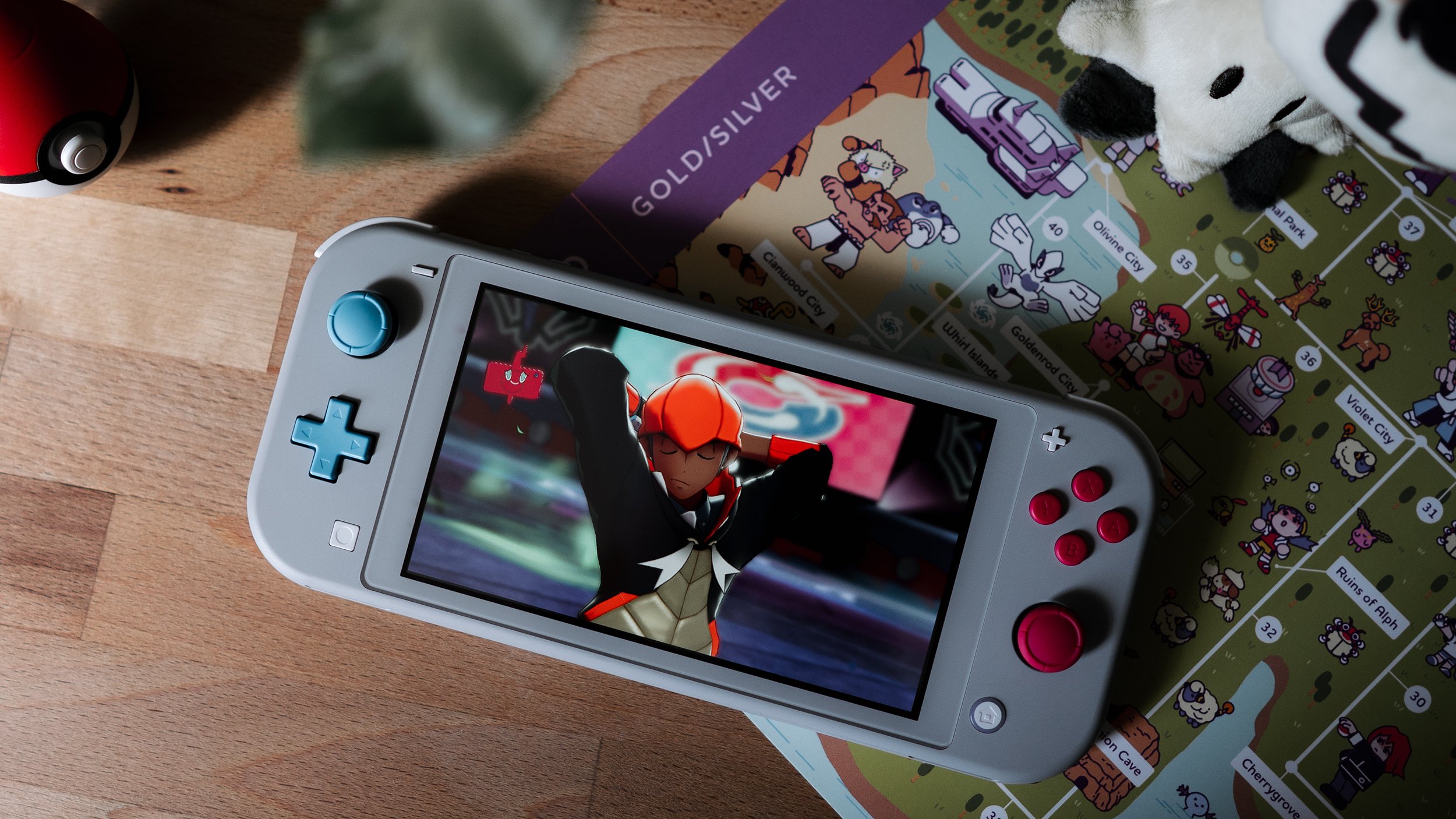
Why You Should Keep an Open Mind
5min 25sec read
Don't rule out an idea just because it's unorthodox.
Written by Wolfe Glick
Teambuilding / Pitfalls
Pokémon teambuilding is about making a whole lot of decisions. To make things a bit easier, many people look at what others have done or what is currently popular in order to make their own decisions easier-- for example, taking a rental code that succeeded in some tournament, putting a Pokémon on your team because it’s high in the usage statistics, or picking particular moves for a Pokémon because it “has to have them”. Making assumptions and working quickly is a completely fine thing to do when building a team, but it also comes with some risks.
EXAMPLE
Adding a Pokemon: People tend to justify putting Pokemon with high usage rates on their teams “because they’re good”. Classic examples here are Incineroar, Mega Kangaskhan, and Xerneas. However, usage statistics are merely descriptive-- high usage Pokemon are popular because they are good, not vice versa. The question to answer is-- what does this Pokemon do, and why do I want it on my team?
Deciding on Moves, Items, or EVs: In every format there are some Pokemon that are typically used in one standardized way. For example, Xerneas almost always run Moonblast, Dazzling Gleam, Protect, and Geomancy with the Power Herb item. Many players adding Xerneas to their teams will make these same choices without giving them much thought. Although these moves are quite strong, automatically adding them runs the risk of missing a specific option that could be better for your team in particular.
Test your ideas
Namely, the risk is that you don’t always know how your ideas are going to work out. Assumptions are linked to the skill of “theorymon”, or knowing how a Pokémon team will function together in your head before you ever battle with it. When you have the time, it’s better to test an idea or a move or an EV spread rather than write it off as good or bad without seeing how it actually works in practice.
Testing your ideas is a great way to discover strong niche things about a Pokémon or trends that are currently being undervalued. Of course, part of testing effectively is learning how to identify whether something is strong or weak when you test it, which is a topic for another article. You also don’t need to equally distribute time across testing your ideas - often even one game is enough to tell an idea isn’t going to work.
Sometimes ideas that don’t work will lead you to ideas that will. Being able to identify the strong points, trends, or concepts on a team can push you towards something strong, even for ideas that “fail”. Additionally, if you want to eventually be able to use ideas that aren’t already known to be strong you’ll need to get experience for yourself identifying good starting points and supplemental pieces, even if it’s more challenging than taking something already established as good.
Pushing the Envelope
When teambuilding, you give yourself more freedom by questioning every aspect of your team, from the broad reason you chose each Pokémon down to the last EV and move. Being especially intentional can be a strength when used to make smart creative choices to push the envelope of a team and showcase ideas not already popular, but it is also intensively time- and effort-consuming and can be a hindrance if the choices you’ve made don’t hold up in practice. Not every tournament winning team has novel ideas, though many do. Finding the balance between creativity and established strength is a difficult skill that is necessary when deviating from the norm.
Exceptions (times when we support making assumptions)
As with everything, there’s exceptions to our guidelines- the biggest one being when you’re on a time crunch. “Time crunch" in this context is when there’s a deadline for your team to be ready - normally for a tournament. When the clock is ticking, assumptions are great-- by working with ideas that you already know are strong, you can iterate on a team faster.
Additionally, assumptions are only a negative in teambuilding - assumptions are a necessary component of most high level Pokémon battles.
Be Objective and Constructive
A few disclaimers - people tend to get very attached to their own original ideas especially if they want to go against the grain. I’d strongly encourage anyone who wants to build creatively to try and remain as objective as possible about their own ideas so as to improve in the long run. It’s good to remember that teambuilding is subjective - I often see established players immediately ruling out a newer player’s idea on the basis that it hasn’t yet seen success. Even if someone else doesn’t think an idea has merit, that doesn’t necessarily mean it’s the case. There’s very rarely only one “right way” to do things in Pokémon.

